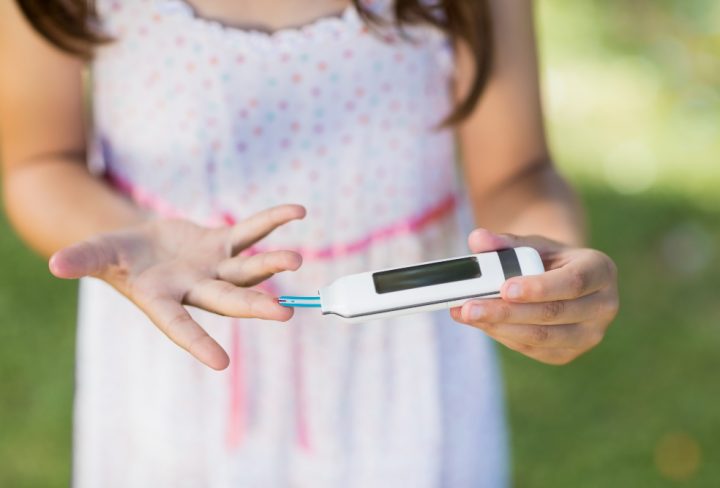What is Type 1 Diabetes?
Type 1 diabetes in children is a lifelong condition. It happens when the body cannot make insulin. Insulin is a hormone that helps sugar move from the blood into the cells for energy. Without insulin, sugar builds up in the blood. As a result, children with Type 1 diabetes need daily care. This condition is different from Type 2 diabetes, which is more common in adults. Early understanding helps families manage the condition better.
Common Symptoms in Children
Children may show signs of Type 1 diabetes quickly. Sometimes, these symptoms appear over just a few days or weeks. However, they can be easy to miss at first. Watch for these signs:
If you notice these symptoms, it is important to see a doctor right away. Early action can prevent serious problems.
Causes and Risk Factors
Type 1 diabetes in children is not caused by eating too much sugar. Instead, it happens when the immune system attacks the cells in the pancreas that make insulin. Doctors are not sure why this happens, but some factors may increase risk:
Even so, many children with Type 1 diabetes have no family history. Therefore, anyone can develop this condition.
How Type 1 Diabetes is Diagnosed
Doctors use several tests to diagnose Type 1 diabetes in children. First, they check blood sugar levels. If the level is high, more tests follow. These may include:
After diagnosis, your child’s doctor will explain the results. Early diagnosis helps start treatment quickly and safely.
Treatment and Daily Management
Managing Type 1 diabetes in children requires daily care. Children need insulin every day, either through shots or an insulin pump. In addition, families must check blood sugar levels often. Treatment also includes:
With support, children can live active and healthy lives. Many families work with a pediatric diabetes care team for guidance.
Lifestyle Tips for Children and Families
Living with Type 1 diabetes can be challenging, but small steps help. Here are some tips for families:
With these habits, children can feel more confident and safe each day.
Prevention and Early Detection
Currently, there is no way to prevent Type 1 diabetes in children. However, early detection can make a big difference. If your child has risk factors or shows symptoms, talk to your doctor. Regular check-ups help catch problems early. In some cases, doctors may suggest screening for siblings of children with Type 1 diabetes. Early action helps avoid serious health issues.
When to Consult a Pediatrician
If you notice any symptoms of childhood diabetes, do not wait. Contact your child’s doctor right away. Also, seek help if your child:
Quick action can prevent serious problems. Your pediatrician can guide you on managing Type 1 diabetes in children and answer your questions.
For personalized guidance on managing Type 1 diabetes in children, consult a pediatric specialist today.
